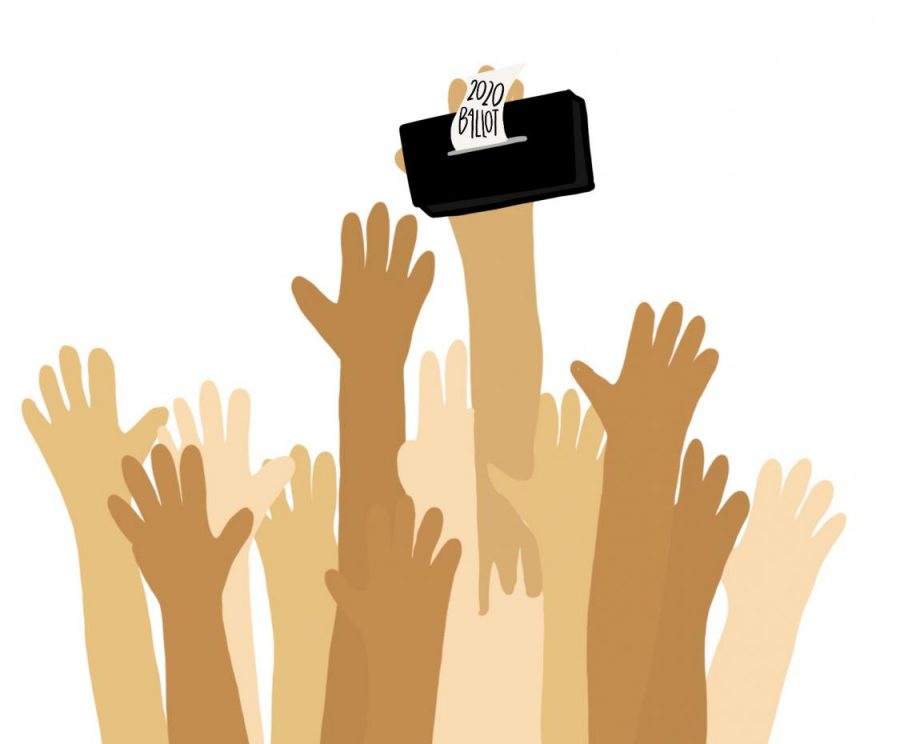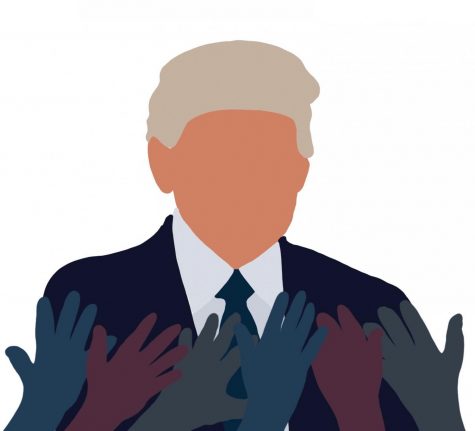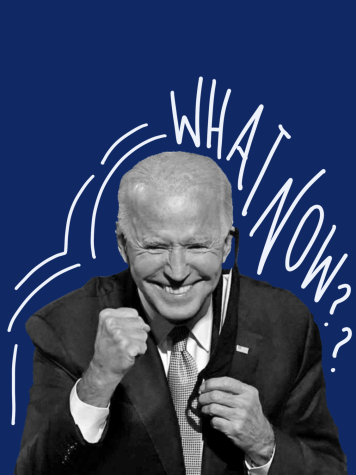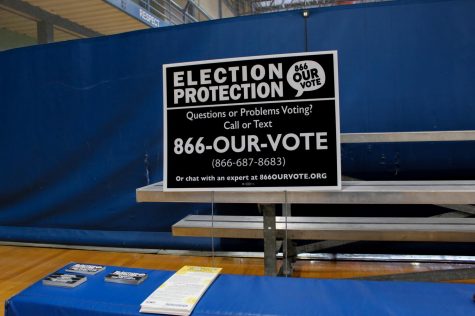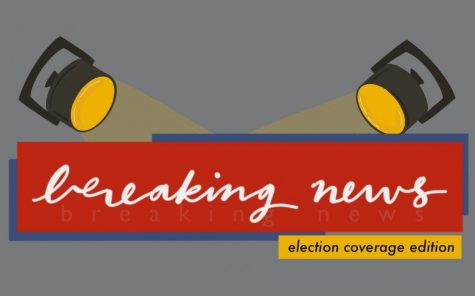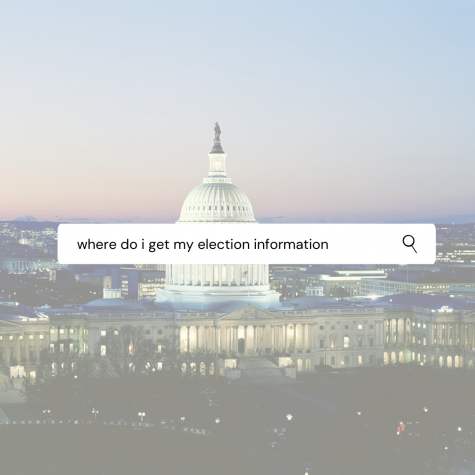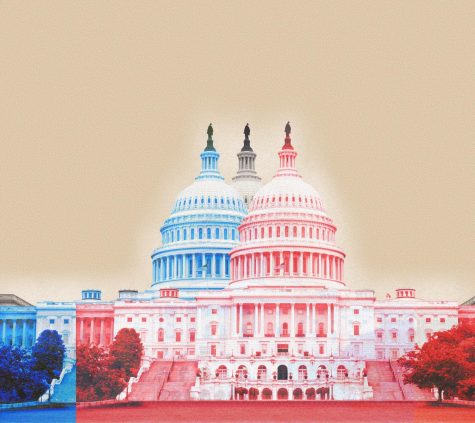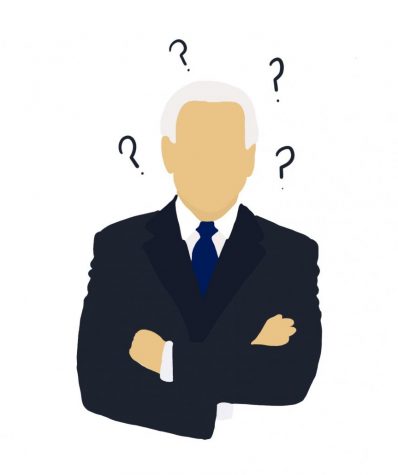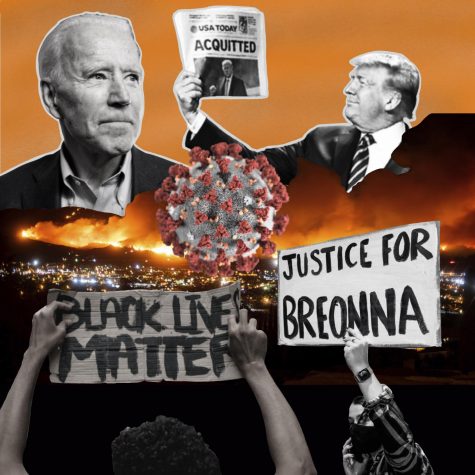We Need Better Election Officials
The jobs of election officials have never been easy, but it’s been made even tougher this year because of the pandemic. Despite these challenging circumstances, some election officials have done their best to make voting easier and more accessible for everyone, especially if they have time constraints or don’t have transportation to the polling place. One of those people is Harris County Clerk, Chris Hollins, who was appointed in May of this year after the previous clerk resigned. In recent days he has made national headlines for the actions he took as a County Clerk in Texas prior to the start of early voting to achieve a record-shattering voter turnout.
Secretaries of States organize elections, but the people who carry out the actual administering of election work are officials at the local level. At this level, there are poll workers, election judges, poll watchers and the administration official who reports the results to the state. Poll workers and election judges both work at the physical polling locations. Poll workers are the people who help sign you in, set up the polling booths and answer any potential questions someone may have. Election judges are appointed by political parties, and act like managers and enforce election rules as well as settle disputes regarding these rules. Overseeing this entire process are election officials, whose titles vary from state to state. Good election officials are voted in by the people and are held accountable to the people…except when they’re not.
Some election officials at the state level “unintentionally” allow for hiccups to occur at voting locations in densely populated urban areas, which generally lean more Democratic than rural areas. One glaring example of this occurred in Georgia, where voters faced long lines during the Democratic presidential primaries in the areas surrounding major cities. County governments and the state government pointed fingers at each other while trying to find someone to blame. The communities hurt the most by long voting lines and government squabbling are often minority communities, many of whose members don’t have the luxury of working from home or leaving in the middle of the workday to go vote.
Sometimes it’s not just Secretaries of States or clerks that unduly influence an election. Governors are also able to influence how people vote through executive orders. Take Texas Governor Greg Abbott for example, who had ordered early voting to be extended but suddenly turned around and restricted ballot drop off boxes to one per county for this election. During a normal, pre-pandemic election year, this wouldn’t be an issue; the Postal Service hadn’t been financially kneecapped until recently and Texas vote by mail requirements are some of the strictest in the country, so only a small segment of Texas residents are allowed to vote by mail. To directly drop off mail-in ballots in person, ID must be presented to an election official. Many large counties wanted to add more drop off locations. This dispute set off a battle within the courts. I’ll get to why this is important in just a bit.
I’m from Harris County, which is home to Houston, the largest city in Texas with the most diverse metro area in the country. The final nail in the coffin that signaled that Houston was a Democratic stronghold occurred when Lina Hidalgo won in an upset victory against the popular incumbent Ed Emmett for County Judge, the county executive, in 2018. Fast forward to today during the election season. Many have lost trust in the Postal Service to deliver mail on time, including their ballots. Given this situation, many Houstonians who requested mail in ballots want to drop off their ballots in person. Originally, the County Clerk had planned to use 12 staffed drop off boxes strategically placed around the county to reduce the drive times people would have to make in order to drop off their ballots. Voters dropping off their ballots would still be required to show their ID. However, because of the governor’s executive order, the one box per county rule was instituted and placed a burden on high population counties as well as geographically large counties. Texas voters who want to deliver their ballots by hand will have to drive longer, wait longer or both. Other counties in the United States, such as Los Angeles County, have significantly more drop off boxes spread out throughout the county allowing voters to easily cast their vote with ease and timeliness.
Thankfully, my County Clerk, Chris Hollins, has tripled the number of voting locations during both the early voting period and Election Day, extended voting hours from 7:00 a.m. to 7:00 p.m. and added 10 drive-thru voting locations, which was all possible because the county decided to invest in voter access. Previously, there were only 40-50 locations, and hours ended at 4:30 p.m.. These implemented changes show how much of a positive impact a good County Clerk with access to adequate resources can have. Increased voter access will come with increased voter turnout. As of Oct. 19, there have been over 700,000 ballots cast, about half of the total voter turnout in the 2016 election, which had a shorter early voting period. Early voting in Texas started on Oct. 13 because of the pandemic. Whoever people vote for, increased participation is always a good thing for democracy. Everyone should want more people to vote and it should be a nonpartisan issue.
Unfortunately, the Texas GOP has shown that they think otherwise. The state GOP efforts to complicate the voting process and confuse voters, as well as the national GOP rhetoric towards opposition groups and those who don’t toe the party line, have only blown up in their faces with once reliably red suburbs of major cities turning purple and blue. As said in one of their lawsuits filed against the county, “As Texas goes, so too will the rest of the country. As Harris County goes, so too will Texas.” The GOP sees the writing on the wall that Texas won’t be the shining red ruby it once was and is doing everything within its power to delay the inevitable.
Of course, I’m only speaking from my experience here in Texas. What works here may not work 100 percent in other municipalities because each one is different from the other. My home county may simply be the roadmap or blueprint for many others who hope to expand voter access in future elections, especially after the unusual media attention on our fresh changes. I certainly hope so because everyone deserves to vote with ease in the next election.
Your donation will support the student journalists of Saint Louis University. Your contribution will help us cover our annual website hosting costs.


